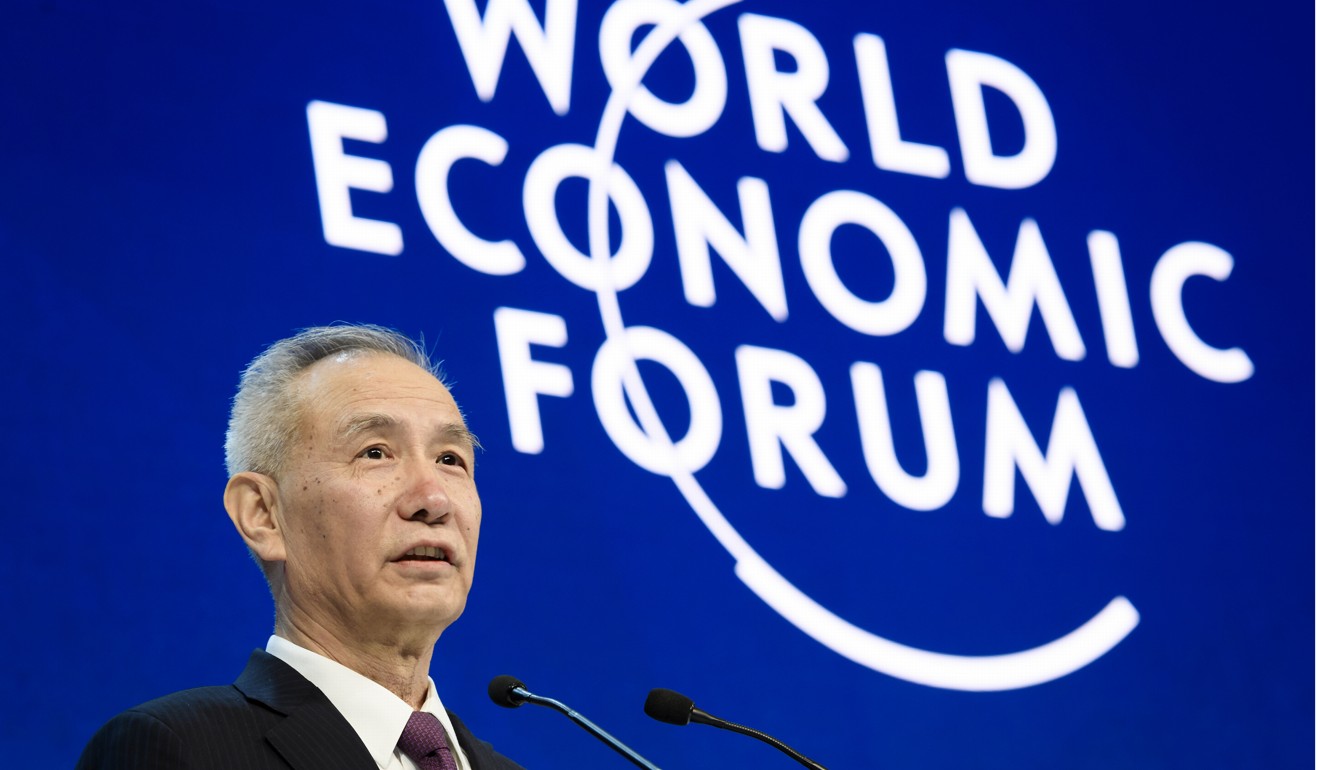
China to peer inside its shadow banking world via a new database
The new statistics platform is to measure all financial activity, from leveraged securities investment to local government borrowing, the People’s Bank of China said
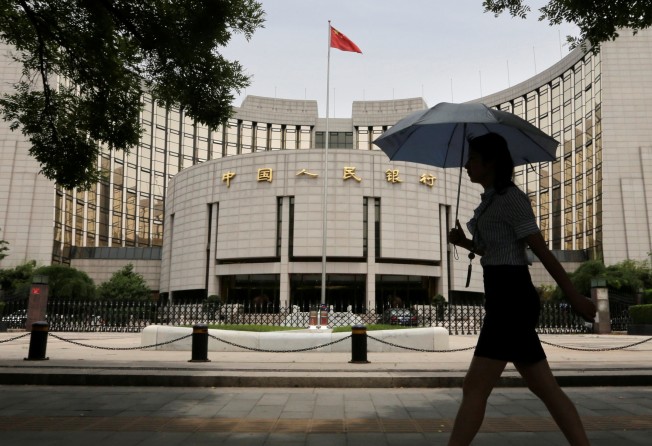
Beijing will establish a data bank in support of its campaign to clean up its unruly shadow banking system and control financial risk as it continues to learn from the lessons of the stock market turmoil of 2015.
In its latest assault on financial activity conducted by unregulated institutions, the government will set up a statistics platform that will measure all financial activity, from leveraged securities investment to local government borrowing, the People’s Bank of China said on Monday.
The move significantly advances the Chinese government’s endeavour to get at the root of the 2015 stock market meltdown – grey-market margin lending beyond the purview of regulators, including by shadow banks.

The potential for a market collapse was set when retail investors used a variety of lenders to borrow against their initial small stakes at high interest rates and invest in hot stocks. When a wave of tumultuous panic selling took hold, it wiped more than US$3 trillion of value off mainland shares in just three weeks.
The fiasco ultimately destroyed US$5 trillion of wealth and tarnished Beijing’s reputation as a capable economic manager.
Setting up the data bank continues China’s effort to to protect its financial system and prevent a recurrence of the stock market shakeout. During the downturn, China’s banking and securities watchdog was in the dark about how much “leveraged funds” had entered the market.
The new database is to provide a clearer picture of fund flows in asset management products, systemically important financial institutions and the securities, banking and insurance sectors, the central bank said.
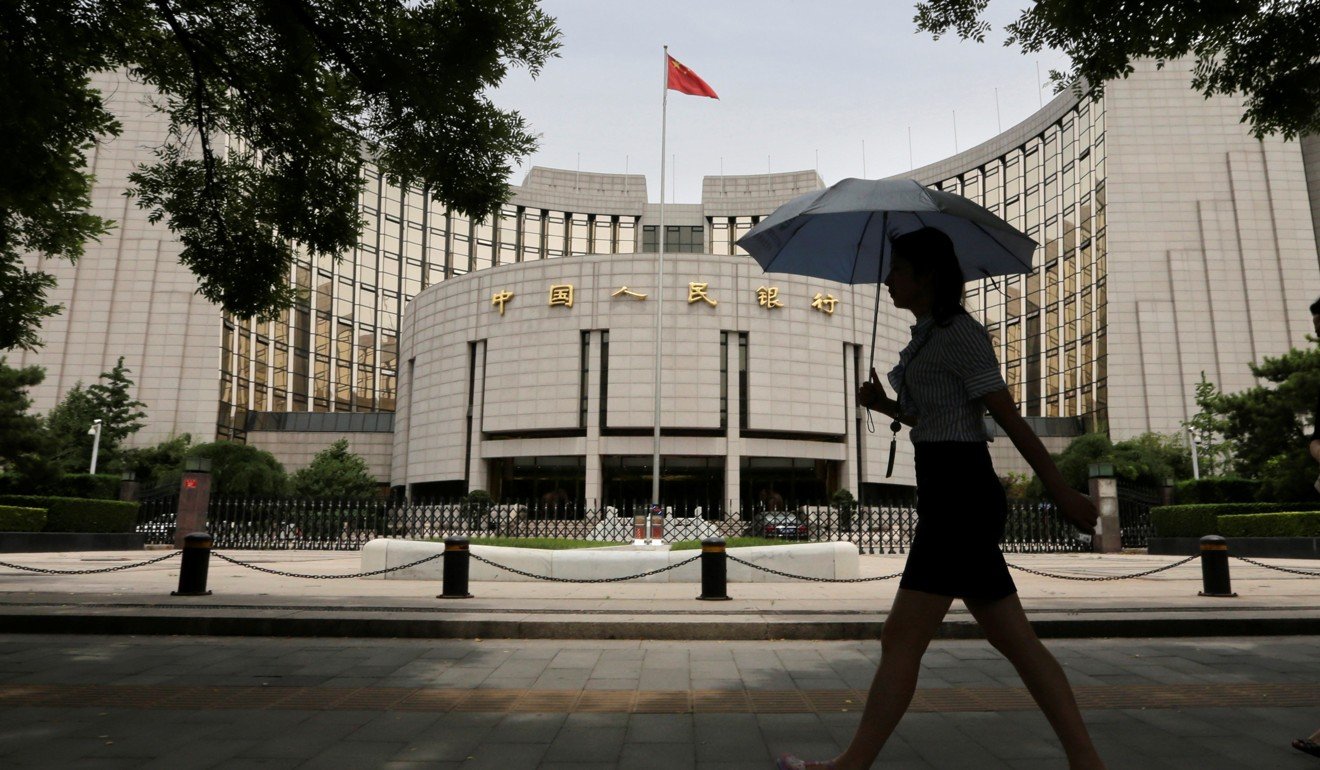
A lack of reliable data was blamed for policymakers’ inability to see trouble brewing ahead of the stock market’s tumble, as available information usually was incomplete and poorly shared across government departments, analysts have said.
Regulators were unable to tell “how big the risk in a specific sector” was, such as shadow financing,” said Raymond Yeung, chief Greater China economist of ANZ Bank.
At the time, China’s government agencies lacked the ability to use data to see the big picture, as banking, insurance industries, securities regulators and the central bank focused only on players within the agencies’ respective regulatory scope.
“Figures are incomplete and inconsistent as they are collected by different agencies with different standards,” Yeung said.
Multiple government-led campaigns in the past year have sought to attack shadow financing and crack down on illegal fundraising activity.
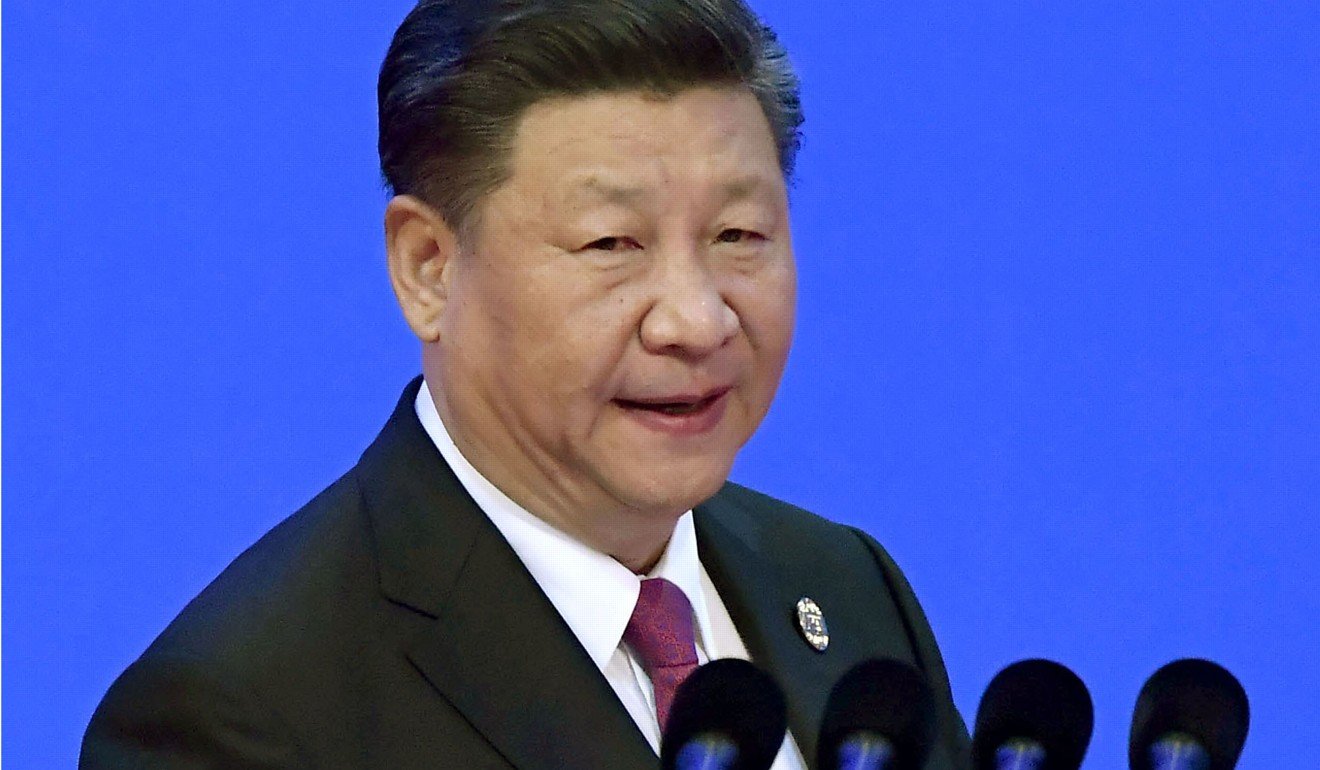
The recent reshuffling of China’s regulatory administration merged the country’s banking and insurance regulators. The central bank also initiated what it called a macro prudential assessment tool to eliminate systematic risk; at the same time, it became the body responsible for making rules and setting development guidelines for China’s financial industry.
The Financial Stability and Development Commission, a new super financial regulator believed to be headed by vice-premier Liu He, was formed at the order of President Xi Jinping to supervise monetary policy and financial regulation in China.
Besides forming policies on systemic financial risk management and maintaining financial security, the body also sets local government guidelines for financial development.
The central bank, which was assigned to oversee the new database, said information will be “fully shared” among regulators.
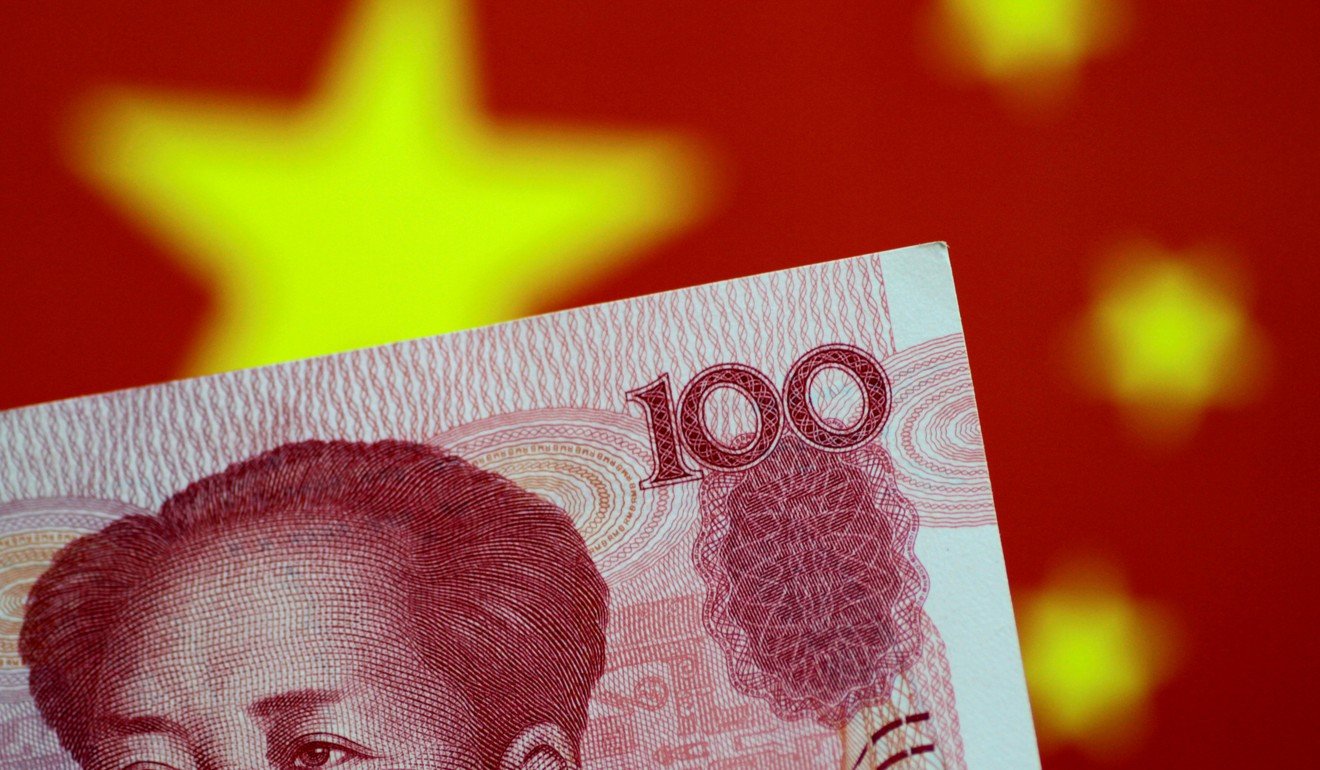
“The system will cover all the financial institutions, infrastructures and activities, track every player in transactions, including lender and end borrowers, and detail both quantity and price, stocks and flows,” the bank said.
Shen Jianguang, Mizuho Securities Asia’s chief economist, called the data bank a fundamental first step in Beijing’s plan to make risk prevention a three-year priority.
“Financial risks can’t be addressed overnight,” Shen said.
Shen said many measures have been deployed since last year aimed at curbing channel businesses which help disseminate and amplify risks in shadow banking. The crackdown could focus on internet finance next, the economist said.
Unlicensed online financing platforms, which mushroomed in China under the guise of financial innovation, have emerged as a threat to national financial and social stability.
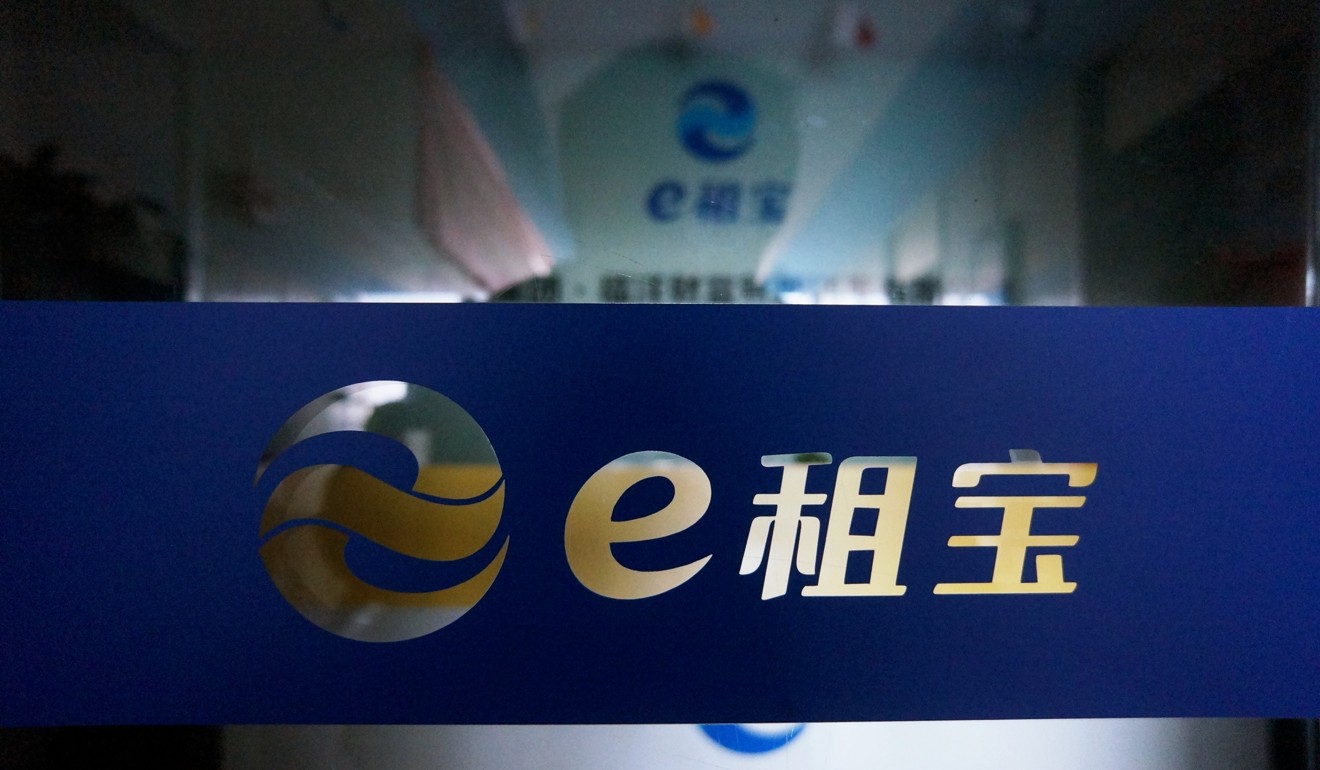
For instance, Ezubao, a fraudulent peer-to-peer online lending platform, duped 900,000 investors across the country out of more than US$7.7 billion in just 18 months. The illegal fundraising scheme was found to have fabricated 95 per cent of its projects.
Wu Qi, a senior fellow at Pangoal Institution, a Beijing-based think tank, called the government’s emphasis on using statistics for longer-term views a pragmatic approach to managing the financial markets.
“The government curbs could be normalised and standardised,” he said.
“Like the regulation rules of asset management products, which were first leaked a year earlier and released four months ago to solicit public opinions, the authorities should guide market expectation and leave time for them to absorb it.”
Heightened supervision of banking regulations, together with the first macro prudential assessment of the central bank, raised tension in the interbank market in March 2017.